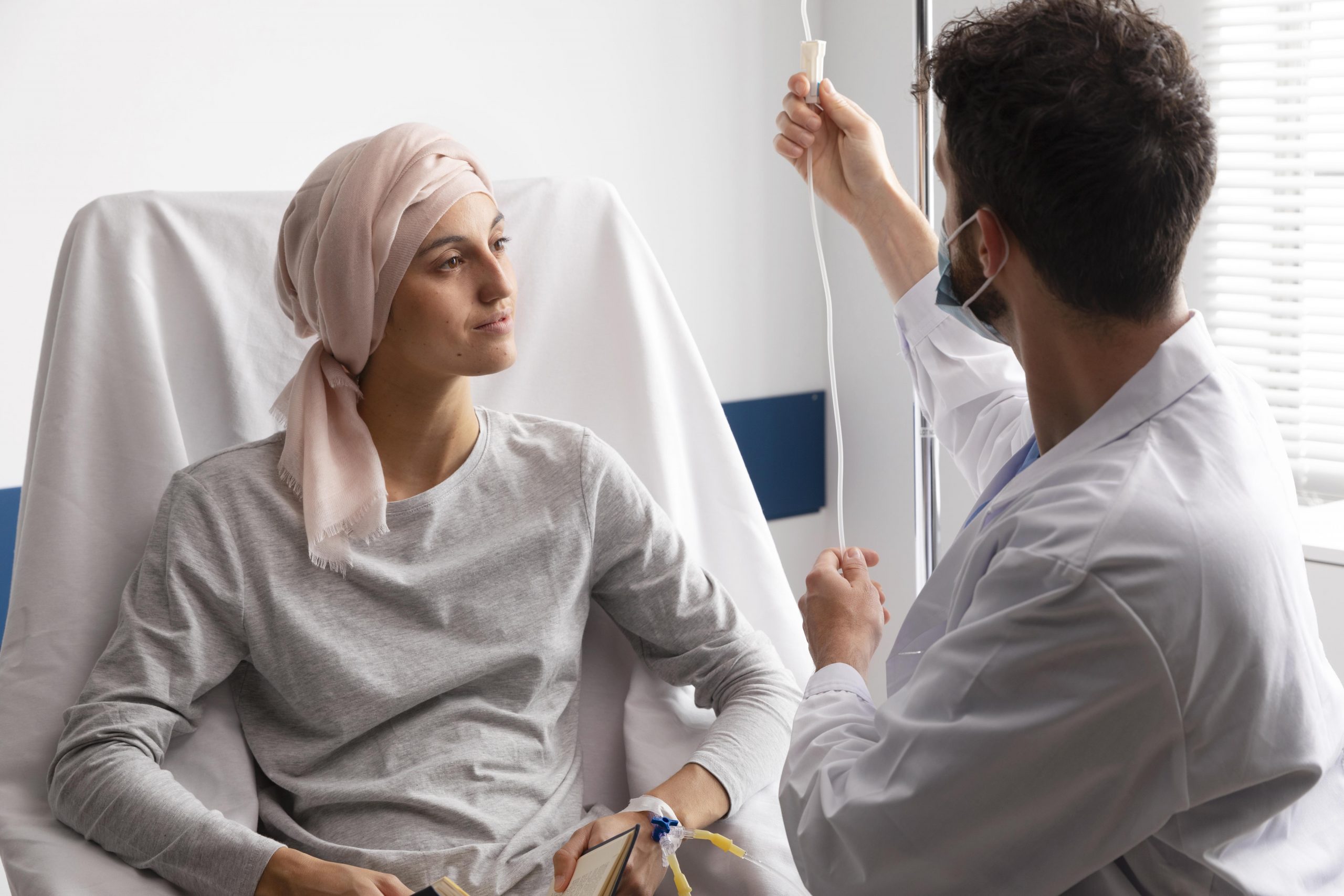

Along with a colleague from the U.S., a large group of German cancer researchers from several universities have uncovered some of the ways gut bacteria can influence cancer therapy favorably. The team examined how the gut flora affected the chemotherapy administered to patients with pancreatic ductal adenocarcinoma in their study, which was published in the journal Nature. In the same journal issue, Le Li and Florencia McAllister from the University of Texas MD Anderson Cancer Center released a News and Views article describing the work carried out by the team in Germany.
The effectiveness of chemotherapy for metastatic pancreatic cancer varies from time to time, according to prior studies, and this variation may be related to dietary resistance, albeit its exact cause is unknown. The German researchers examined the potential that specific gut microbes may contribute to the process in this new study.
A sample of the gut microbiota from pancreatic cancer patients was examined by the team at the outset of their research, and they discovered variations between patients who were responding to treatment and those who weren’t. Also, they discovered that animals with sterilized stomachs that got biome samples from mice that were successfully undergoing chemotherapy also had positive results.
The researchers took blood samples from patients who were responding well to cancer treatments and from those who were not in order to gain a better understanding of how the gut flora may affect chemotherapy effectiveness. Better-responding patients had higher levels of the chemical 3-IAA, according to their research. Subsequent research revealed that two strains of gut bacteria were responsible for producing the chemicals. The team then tried directly incorporating 3-IAA into the food consumed by malignant mice models, and they discovered that this increased their chemosensitivity as well.
The study group showed that tryptophan, an acid present in many foods, interacts with amino acids in the gut to create 3-IAA. Another research using carcinogenic mice models demonstrated that increasing the amount of acid-treated food may be beneficial for cancer treatments.
The scientists discovered that the presence of 3-IAA led to the modulation of neutrophils, which are immune cells, which helped explain why higher levels of 3-IAA aid chemotherapy operate better. The overall conclusion was that intestinal microorganisms can aid in the fight against cancer by delivering compounds via the bloodstream to distant tumors, where they augment chemotherapy drugs by activating the immune system.
more recommended stories
 Red Blood Cells Improve Glucose Tolerance Under Hypoxia
Red Blood Cells Improve Glucose Tolerance Under HypoxiaKey Takeaways for Clinicians Chronic hypoxia.
 Nanoplastics in Brain Tissue and Neurological Risk
Nanoplastics in Brain Tissue and Neurological RiskKey Takeaways for HCPs Nanoplastics are.
 AI Predicts Chronic GVHD Risk After Stem Cell Transplant
AI Predicts Chronic GVHD Risk After Stem Cell TransplantKey Takeaways A new AI-driven tool,.
 Red Meat Consumption Linked to Higher Diabetes Odds
Red Meat Consumption Linked to Higher Diabetes OddsKey Takeaways Higher intake of total,.
 Pediatric Crohn’s Disease Microbial Signature Identified
Pediatric Crohn’s Disease Microbial Signature IdentifiedKey Points at a Glance NYU.
 Nanovaccine Design Boosts Immune Attack on HPV Tumors
Nanovaccine Design Boosts Immune Attack on HPV TumorsKey Highlights Reconfiguring peptide orientation significantly.
 High-Fat Diets Cause Damage to Metabolic Health
High-Fat Diets Cause Damage to Metabolic HealthKey Points Takeaways High-fat and ketogenic.
 Acute Ischemic Stroke: New Evidence for Neuroprotection
Acute Ischemic Stroke: New Evidence for NeuroprotectionKey Highlights A Phase III clinical.
 Statins Rarely Cause Side Effects, Large Trials Show
Statins Rarely Cause Side Effects, Large Trials ShowKey Points at a Glance Large.
 Anxiety Reduction and Emotional Support on Social Media
Anxiety Reduction and Emotional Support on Social MediaKey Summary Anxiety commonly begins in.

Leave a Comment